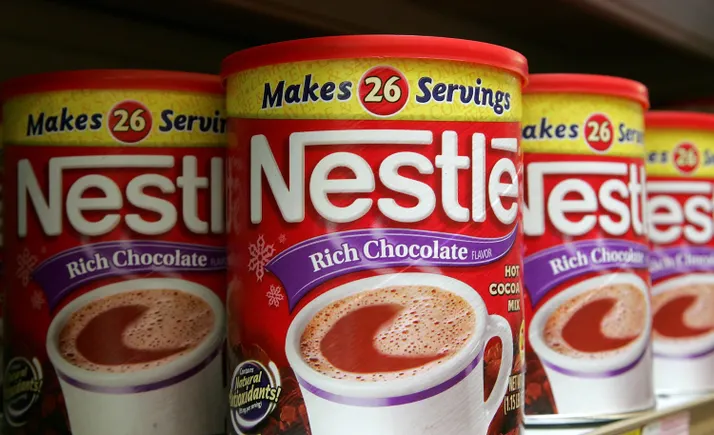Nestlé Announces Changes in Nutritional Reporting
Nestlé, the maker of Hot Pockets and Nescafe, is revamping its approach to reporting the nutritional content of its products in response to concerns about promoting healthier food options.
CEO Laurent Freixe stated on LinkedIn that the company will be updating its nutrition reporting in the upcoming non-financial report to align with the Access to Nutrition initiative, a foundation advocating for a healthier food supply.
As part of these changes, Nestlé plans to introduce a sales-weighted average measure for relevant categories and its overall portfolio. The company will continue to use the Health Star Rating system as the basis for its nutrition profile reporting.
Last year, investment non-profit ShareAction criticized Nestlé for including items like coffee, infant food, and milk formula for young children in its “nutritious” category, even though these products are not covered by the Health Star Rating system. ShareAction urged Nestlé to set targets for increasing the proportion of sales derived from healthier products, but the proposal was voted against by shareholders.
Following discussions with ShareAction investors, Freixe agreed to enhance reporting transparency to facilitate comparisons between companies in the food industry.
ShareAction commended Nestlé’s decision to improve transparency on healthy product sales, emphasizing the importance of setting high standards for health and nutrition reporting in the industry.
Other food and beverage companies, such as Coca-Cola, PepsiCo, and Mondelez, have been urged to take responsibility for their contribution to the global health crisis by promoting healthier ingredients and transparent reporting.
Consumers are increasingly seeking healthier food options as unhealthy diets have been linked to various illnesses, including diabetes and heart disease. The World Obesity Organization predicts that the economic impact of overweight and obesity will exceed $4 trillion by 2035.
In 2023, Nestlé reported that 37% of its net sales (excluding pet care and specialized nutrition) came from products classified as “healthy” by the Health Star Rating system. Additionally, 43% of its net sales were from food and beverages that should be consumed occasionally or have room for improvement in nutritional value.
With a commitment to boost sales of nutritious items, Nestlé aims to increase revenue by $21.8 billion to $27.3 billion by the end of the decade, representing a 50% growth over 2022 sales.

